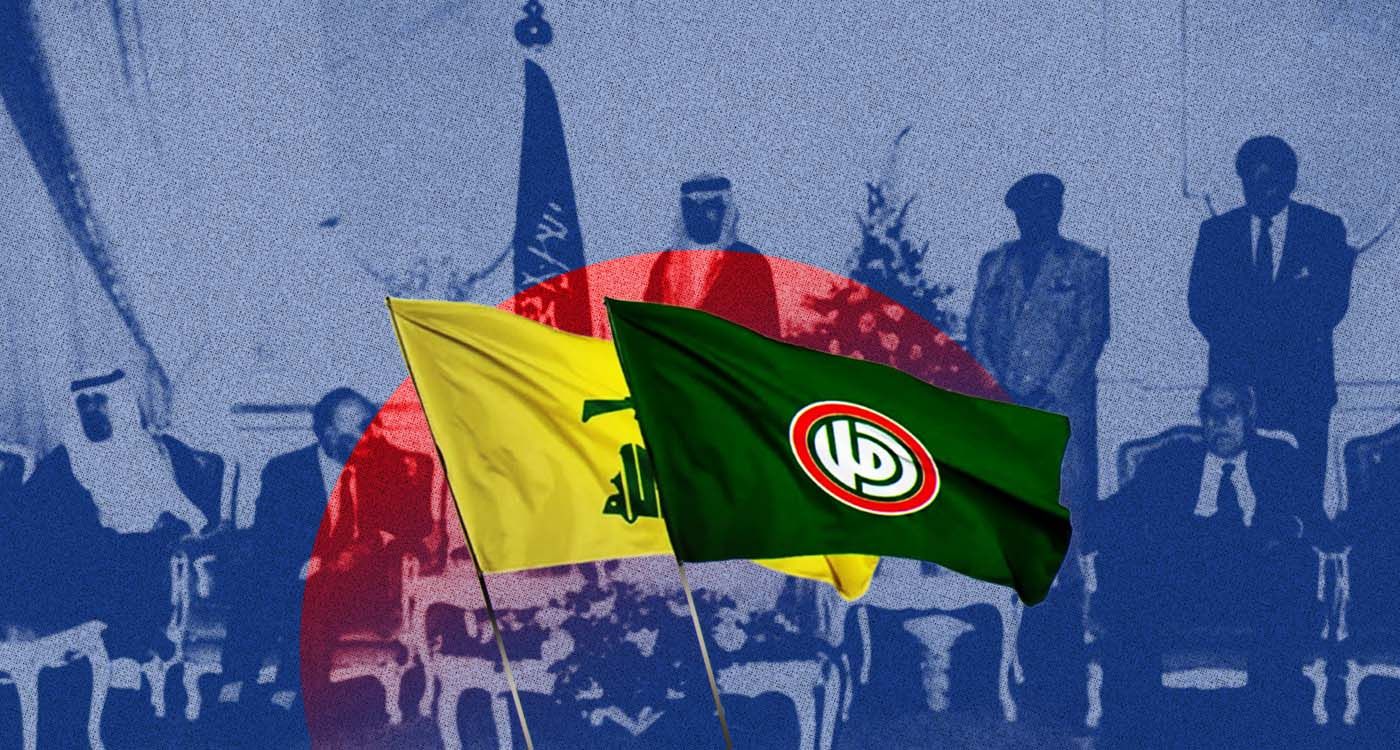
For some in Lebanon, everything takes precedence over the law and the Constitution. Terms such as the National Pact, consensus, custom or even the “minutes of the Taif Agreement” are frequently misused to justify allocating the Ministry of Finance to the Shiite duo Amal-Hezbollah.
This is not the first time the minutes of the Taif Agreement have been brought up. Debates over its content have resurfaced repeatedly, particularly regarding the President of the Republic's role in government formation, the designation of the Prime Minister and the President's part in mandatory parliamentary consultations. However, these discussions have never led to conclusions, as the minutes remained with the late Speaker of Parliament Hussein al-Husseini, who never disclosed them.
The Taif Agreement was incorporated into the Constitution, and no clause in the Constitution allocates specific ministries to particular communities. None of the deputies who participated in the Taif negotiations mentioned any implicit agreement reserving the Ministry of Finance exclusively for the Shiite community. The facts speak for themselves: since Taif, the Ministry of Finance has been led by Shiite ministers eight times and by non-Shiites 12 times, including late Prime Minister Rafic Hariri, who played a central role in the Taif negotiations.
This raises critical questions: Why was the Ministry of Finance repeatedly granted to Shiites? Why didn’t parliamentarians from other communities oppose or request specific ministries—for example, Foreign Affairs for the Maronites or Interior for the Sunnis?
Did Christian MPs compromise too much, even as the President's powers were curtailed? Why did the Hezbollah-Amal duo occasionally agree to forego the Ministry of Finance for Shiites? Was it a concession or merely an exchange of interests? And why do the Shiites seem to hold a superior position, making them solely entitled to head the Ministry of Finance? Are they truly the only group with the necessary expertise to manage it?
Among the parliamentarians who attended the Taif negotiations, only a few remain alive today. Some of them have stated they do not recall any agreement reserving the Ministry of Finance for Shiites. If such a decision had been made, it would have been explicitly included in the National Reconciliation Agreement or the amended Constitution. Others suggest the topic may have been raised at the time, but was ultimately rejected—just as the Druze community's request to reserve the presidency of the State Council was also turned down.
Publishing the minutes of the Taif Agreement could therefore be crucial to affirm that such proposals were indeed dismissed and never formalized.




Comments